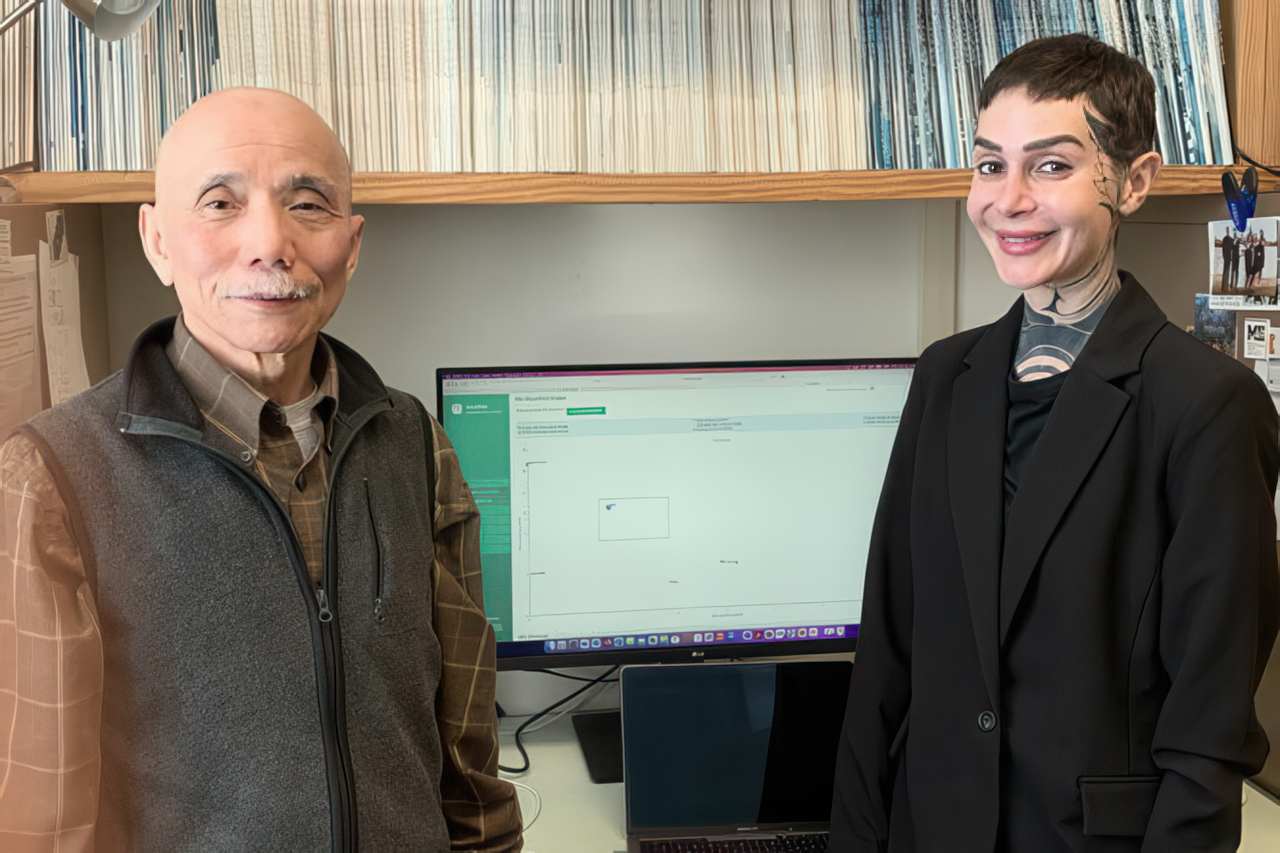An innovative tool designed to simplify healthy eating and weight management by focusing on dietary fiber and protein content.
Key Points at a Glance
- Researchers at the University of Illinois developed a cutting-edge weight-loss app.
- The app tracks fiber and protein intake, focusing on their role in satiety and weight management.
- A study showed that participants using the app improved dietary habits and achieved weight loss.
- The app emphasizes practical, user-friendly features like meal logging and nutrient guidance.
- Researchers aim to expand its features for broader dietary education and health benefits.
In an era where health apps abound, a team from the University of Illinois has developed a revolutionary tool that stands out by prioritizing two crucial nutrients for weight management: fiber and protein. Unlike traditional calorie-focused apps, this new application zeroes in on the quality of food choices to promote sustainable weight loss and better overall health.
Dietary fiber and protein play pivotal roles in promoting satiety, the feeling of fullness that helps prevent overeating. Fiber slows digestion and stabilizes blood sugar levels, while protein is essential for maintaining muscle mass and providing lasting energy. Together, they form a powerful duo in curbing hunger and supporting weight loss.
“We realized that while calorie counting is common, it often overlooks the quality of food consumed,” says Dr. Hannah Holscher, a lead researcher on the project. “By focusing on fiber and protein, we’re helping people make healthier, more satisfying choices.”
The app’s user-friendly interface allows individuals to log their meals while receiving immediate feedback on their fiber and protein intake. It’s designed to encourage users to meet specific daily goals for these nutrients, fostering better eating habits over time. The app also provides educational resources, such as lists of fiber-rich and protein-dense foods, to empower users in making informed choices.
During an eight-week trial, participants using the app demonstrated significant improvements in their dietary habits. Many reported weight loss and increased energy levels, attributing their success to the app’s practical guidance and motivational features.
One of the app’s standout features is its ability to translate complex nutritional science into actionable steps for everyday users. The team at the University of Illinois worked closely with dietitians and behavioral psychologists to ensure the app’s advice was both accurate and achievable.
“We’re thrilled to see how a simple focus on fiber and protein can make such a profound impact,” adds Dr. Holscher. “Our app not only helps users lose weight but also fosters a healthier relationship with food.”
The researchers have ambitious plans for the app’s development. Upcoming updates may include personalized recommendations based on user preferences, integration with wearable devices for activity tracking, and expanded nutrient insights to address other health goals, such as heart health or diabetes management.
“This is just the beginning,” says Dr. Holscher. “We envision this app as a comprehensive tool for dietary education and long-term health improvement.”
With obesity and diet-related health issues on the rise, tools like this app offer a promising solution. By simplifying nutrition science and focusing on two key nutrients, the University of Illinois team is paving the way for a more sustainable approach to weight management.
As this innovative app continues to evolve, it holds the potential to reshape the way people think about dieting—moving away from restrictive practices and toward a more balanced, health-conscious lifestyle.
